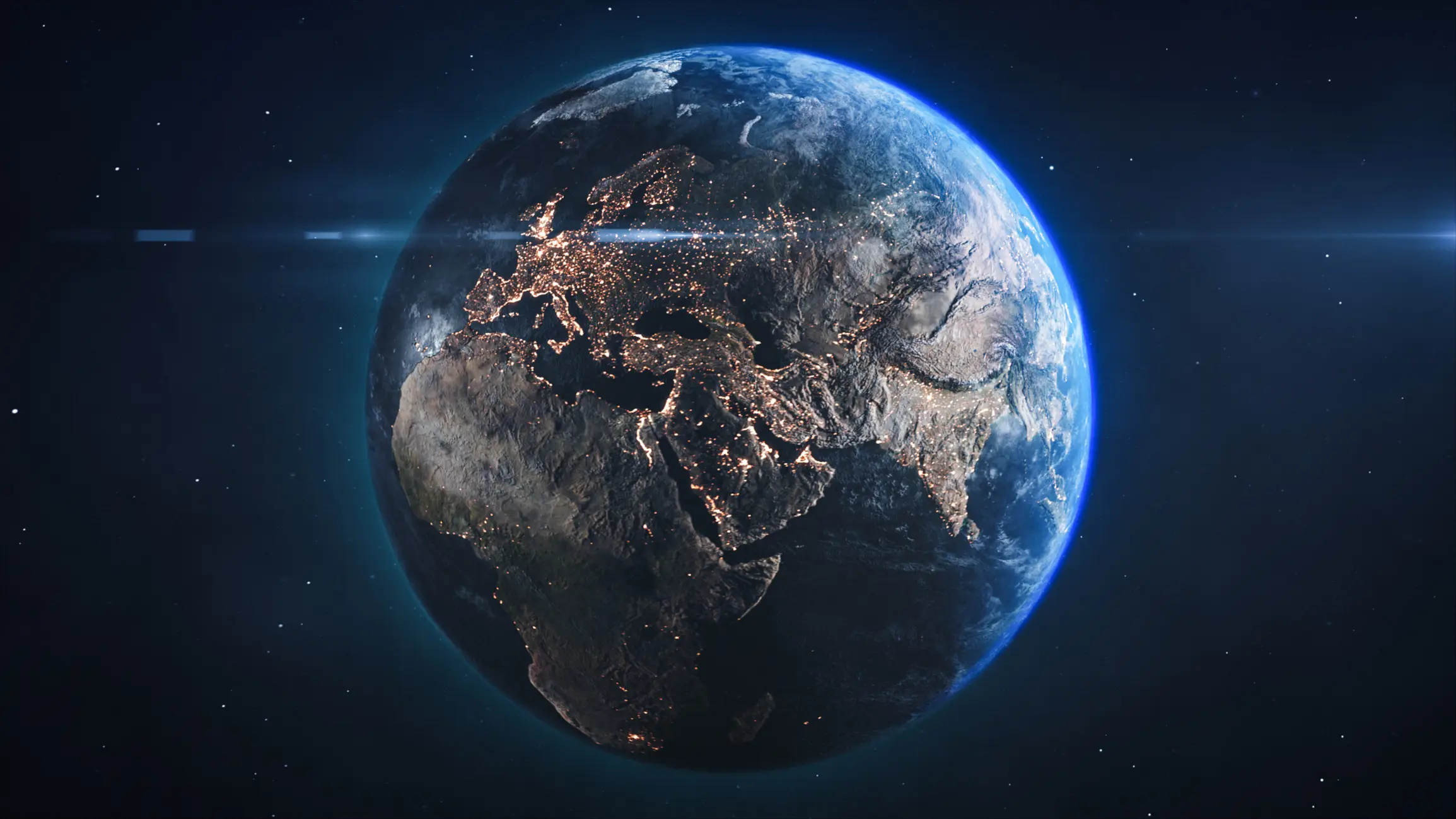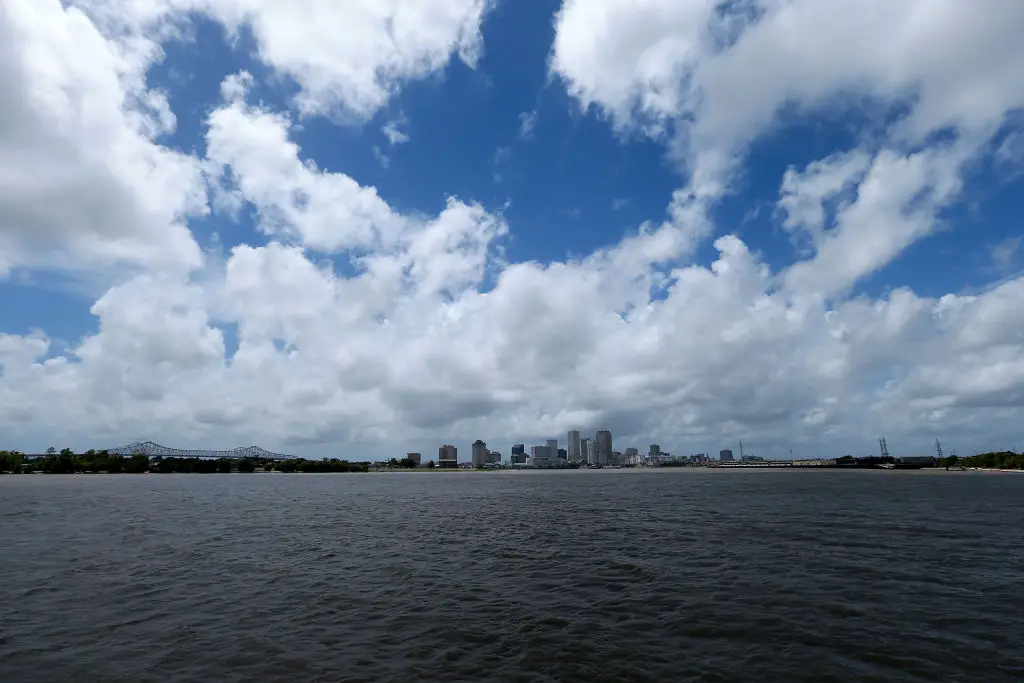
Expert reveals horrifying reality of what would happen if Earth's rotation continues to speed up
Even just a miniscule difference could have a castastrophic impact
Featured Image Credit: DrPixel via Getty

While Earth only fully rotates a single time across the course of a day, it's sheer size means that it's spinning at significant speeds all of the time. You might not think that a small shift in acceleration would have that much of an effect, but experts have revealed that the consequences could be devastating, and only increase as the speed goes up.
Earth's rotational speed isn't something that we as humans can control or affect, yet even the smallest of changes could have a devastating effect on our lives that you might not necessarily be aware of.
Scientists have revealed that two days across the next month - July 22 and August 5 - are going to be among the shortest we'll ever experience, as they are around 1.38 and 1.51 milliseconds shorter than the average time thanks to unexpected rotational acceleration, as reported by the Daily Mail.
This shortening isn't something anyone will notice, as it's 100 times quicker than the blink of an eye, but we would be in trouble if a trend of increasing speeds was spotted by scientists.
It takes roughly 23 hours, 56 minutes, and 4 seconds for the Earth to complete a full rotation, although the spherical nature of our planet means that rotational speeds can vary.
Advert

At its widest point, the equator, Earth reaches its top speed of around 1,037 miles per hour, whereas this decreases the further north or south you go as the lower circumference means that less distance needs to be covered.
At 45°N - halfway from the equator to the North Pole - the speed of Earth's rotation decreases to 'just' 733 miles per hour, showing how much of a difference traveling away from the center can make, although the time to complete a full rotation remains the same as mentioned.
Despite speeds differing dramatically depending on where you are across the Earth, a change of just a single mile per hour could have catastrophic effects on key areas of the our planet.
With just a one mile per hour increase, sea levels would start to rise in cities close to the equator as water would be pulled from the poles towards the center of the Earth due to centrifugal forces.
This would cause sea levels to rise a few inches in a short period of time, making certain low-lying coastal cities like New Orleans, Miami, Jakarta, and many more at risk of severe flooding.

These areas are already at risk of a similar future due to the effects of climate change, as scientists have linked melting ice sheets and expanding waters to worrying global trends, but this would be far more immediate of a shift.
Increasing the rotational speed to an extra 100 miles per hour would have an even more dramatic effect, as water would rush down from the poles and leave almost all of the equatorial region underwater.
"How deep underwater, I'm not sure, but I'd estimate about 30 to 65 feet," explains ESRI analyst Witold Fraczek when speaking to Popular Science.
Roughly two hours would be deducted from the solar day too, which would have a significant effect on the rhythms of humans across the globe, and scientists have even linked this with heart attacks, strokes, and dangerous accidents.
Hurricanes would also become more frequent and extreme, as winds would be pushed sideways with at an even greater speed, which you can imagine would be horrific when combined with the ever increasing sea levels.